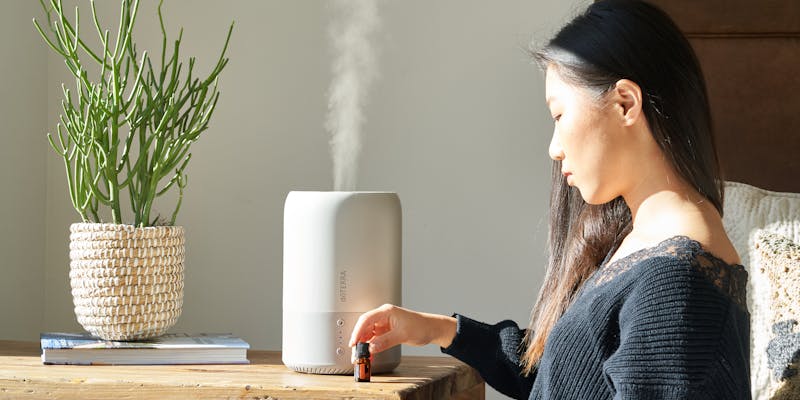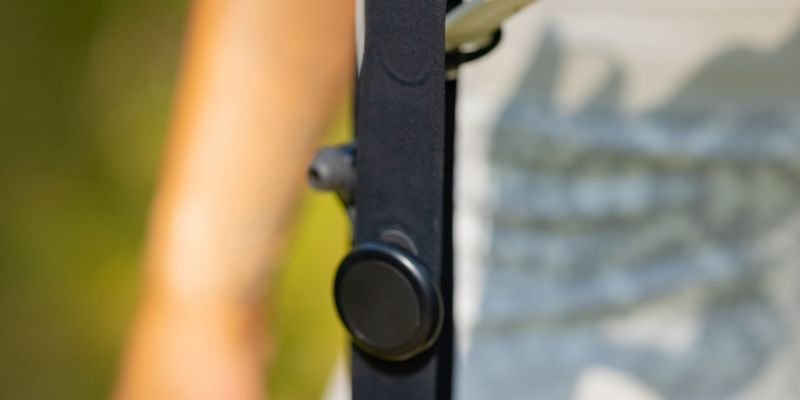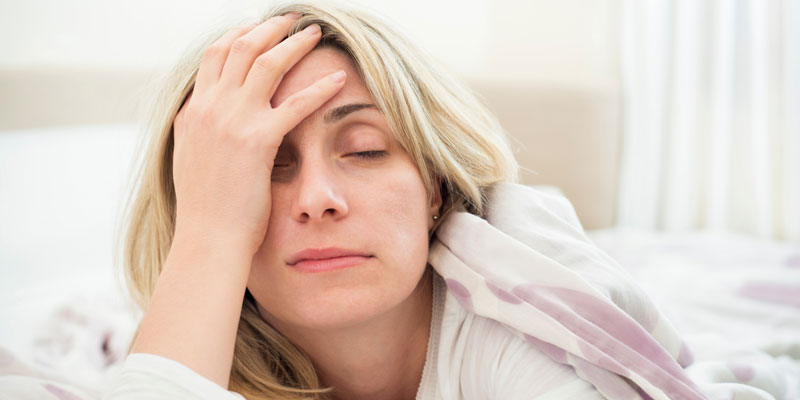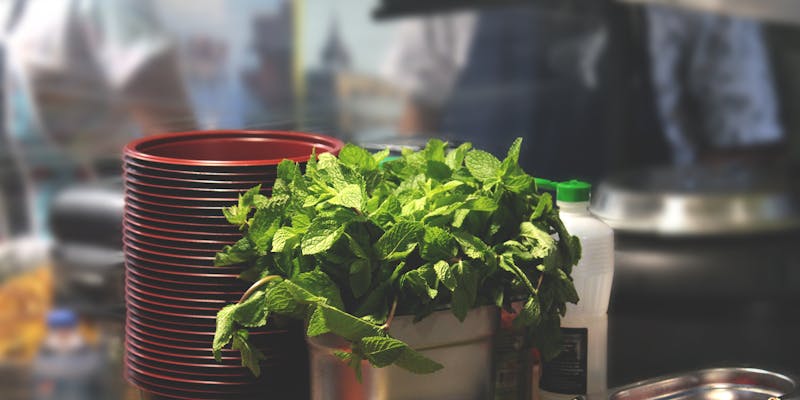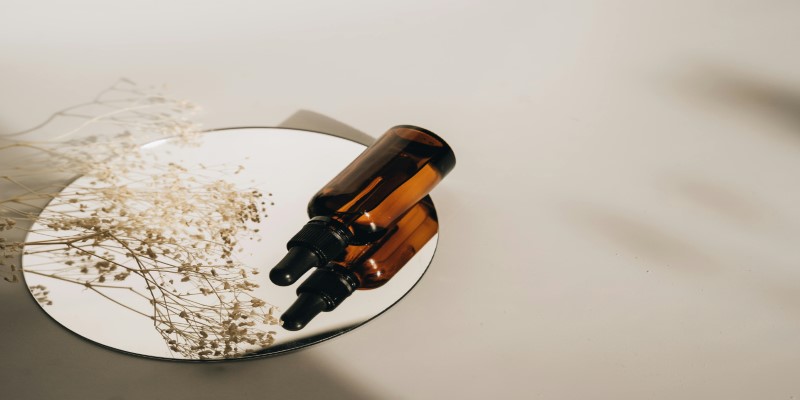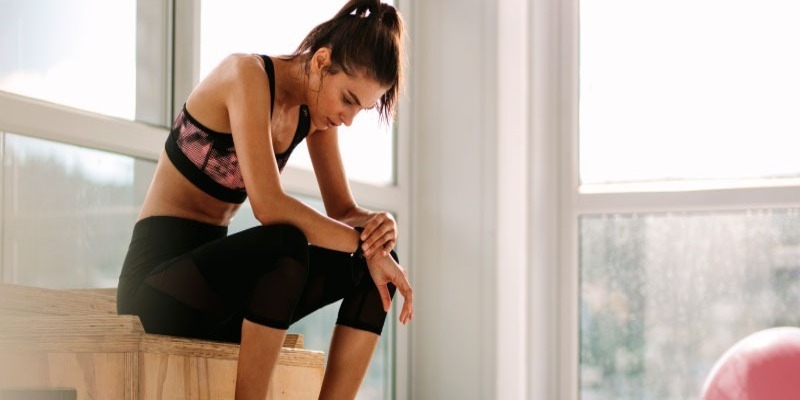Living with varicose veins can be uncomfortable and sometimes even painful. Many people look for ways to manage their symptoms at home to avoid medical procedures. Home remedies can be useful for reducing discomfort, improving circulation, and preventing the condition from worsening. However, its important to understand that while these remedies can help ease the symptoms, they may not completely eliminate varicose veins. In this guide, well discuss various home remedies, what you can expect from them, and the steps you can take to support your vein health naturally.
What Are Varicose Veins?
Varicose veins are enlarged veins that usually occur in the legs and feet due to the increased pressure on these veins. They appear swollen, twisted, and can be blue or dark purple in color. Varicose veins are caused by weak or damaged valves in the veins. When the valves dont close properly, blood flows backward and pools in the veins, causing them to stretch and bulge.
Symptoms of Varicose Veins
- Swollen, twisted, or bulging veins
- A heavy or aching sensation in the legs
- Pain or discomfort, especially after standing or sitting for a long time
- Itching or burning sensation around the affected area
- Muscle cramping or swelling in the lower legs
What Causes Varicose Veins?
Several factors can increase the risk of developing varicose veins, including:
- Age: As we age, the valves in our veins can weaken, making it more likely for varicose veins to develop.
- Gender: Women are more likely to develop varicose veins, especially due to hormonal changes.
- Family History: If you have a family history of varicose veins, you may be more prone to developing them.
- Obesity: Extra weight puts additional pressure on the veins, leading to varicose veins.
- Prolonged Standing or Sitting: Jobs that require long periods of standing or sitting can increase the risk of varicose veins.
Effective Varicose Veins Treatment
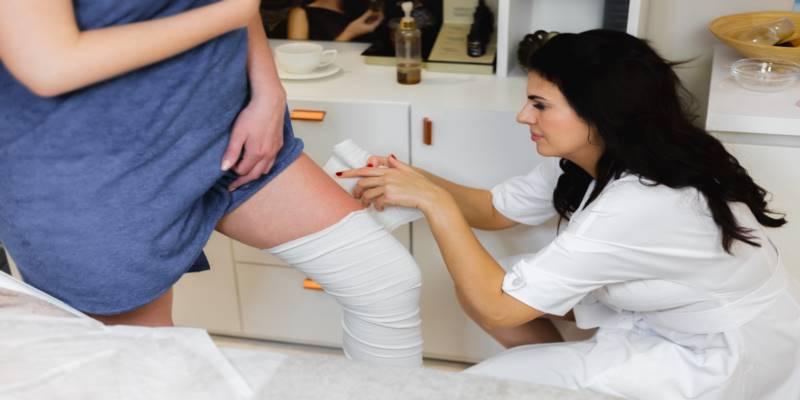
Although home remedies may not cure varicose veins, they can help reduce symptoms and improve the appearance of affected veins. Here are some remedies that have shown some effectiveness:
1. Exercise
Regular exercise is one of the best ways to improve blood circulation in the legs. This helps push the blood that has pooled in the veins back up toward the heart. Simple exercises like walking, swimming, and cycling can help reduce the pressure on your veins and strengthen your legs.
- How to Do It: Aim for at least 30 minutes of moderate exercise daily. Avoid high-impact activities that can strain the veins, such as heavy lifting or running on hard surfaces.
2. Elevate Your Legs
Elevating your legs several times a day can help reduce swelling and improve blood flow. When you elevate your legs above your heart, it encourages blood to flow back toward the heart and reduces the pressure in your leg veins.
- How to Do It: Lie down and prop your legs up on pillows for about 15 minutes, three to four times a day.
3. Compression Stockings
Wearing compression stockings is one of the most effective home remedies for varicose veins. Compression stockings squeeze the legs gently, helping the veins move blood more efficiently. They also reduce swelling and prevent the veins from worsening.
- How to Use Them: Put on compression stockings in the morning before you stand up and wear them throughout the day. Choose the right size and compression level based on your doctors recommendation.
4. Dietary Changes
Making changes to your diet can help manage varicose veins by reducing weight and improving vein health. Foods rich in fiber, antioxidants, and anti-inflammatory properties can support vein health.
What to Include?
- High-Fiber Foods: Whole grains, oats, lentils, and fruits help prevent constipation, which can increase pressure on the veins.
- Flavonoid-Rich Foods: Onions, garlic, and berries can improve blood circulation.
- Potassium-Rich Foods: Bananas, potatoes, and avocados help reduce water retention, which can ease the pressure on your veins.
5. Herbal Remedies
Some herbs are believed to improve circulation and reduce the appearance of varicose veins. While scientific evidence is limited, many people use these herbs as a part of their home care.
- Horse Chestnut Extract: May reduce leg swelling and improve blood flow.
- Grape Seed Extract: Contains antioxidants that support blood vessel health.
- Butchers Broom: Known for its anti-inflammatory and vein-strengthening properties.
Always talk to your doctor before using herbal remedies, as they can interact with medications.
6. Massage
Gently massaging the legs can help promote blood flow and reduce the feeling of heaviness in the legs. Use gentle strokes and avoid pressing directly on the varicose veins. This will give you instant varicose veins relief
- How to Do It: Use a natural oil, like coconut or olive oil, and massage your legs in an upward direction toward the heart.
Home Remedies for Varicose Veins That Does Not Work
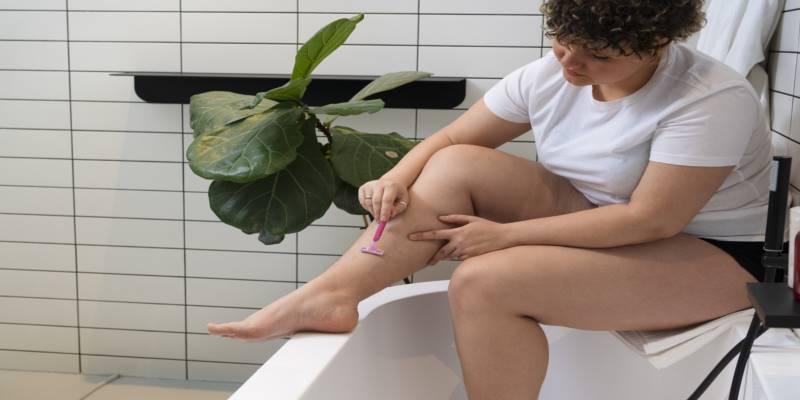
While some remedies are effective, others may not be as helpful or could even be harmful. Here are some common myths about home remedies for varicose veins:
1. Apple Cider Vinegar
There is a popular belief that applying apple cider vinegar directly to the skin can reduce varicose veins. However, there is no scientific evidence to support this claim. In fact, applying undiluted apple cider vinegar can irritate the skin.
2. Essential Oils
Although essential oils like lavender and chamomile are soothing, they dont reduce varicose veins. Using them in massage oils can help relax your muscles, but they wont treat the condition.
3. Aloe Vera Gel
Aloe vera gel is great for soothing irritated skin, but it doesnt have properties that address the underlying cause of varicose veins.
When to See a Doctor
If home remedies do not provide relief or if your varicose veins cause significant pain, swelling, or skin changes, its time to see a doctor. Severe varicose veins can lead to complications such as:
- Blood clots
- Ulcers
- Bleeding
A doctor can recommend medical treatments such as sclerotherapy, laser treatment, or surgery for more severe cases.
Conclusion
Home remedies can help manage mild symptoms of varicose veins, but they are not a cure. Regular exercise, elevating your legs, wearing compression stockings, and making dietary changes can improve circulation and ease discomfort. However, its important to set realistic expectationshome remedies can reduce symptoms but wont eliminate varicose veins. If your symptoms are severe or worsening, consult a healthcare professional for proper treatment options.
